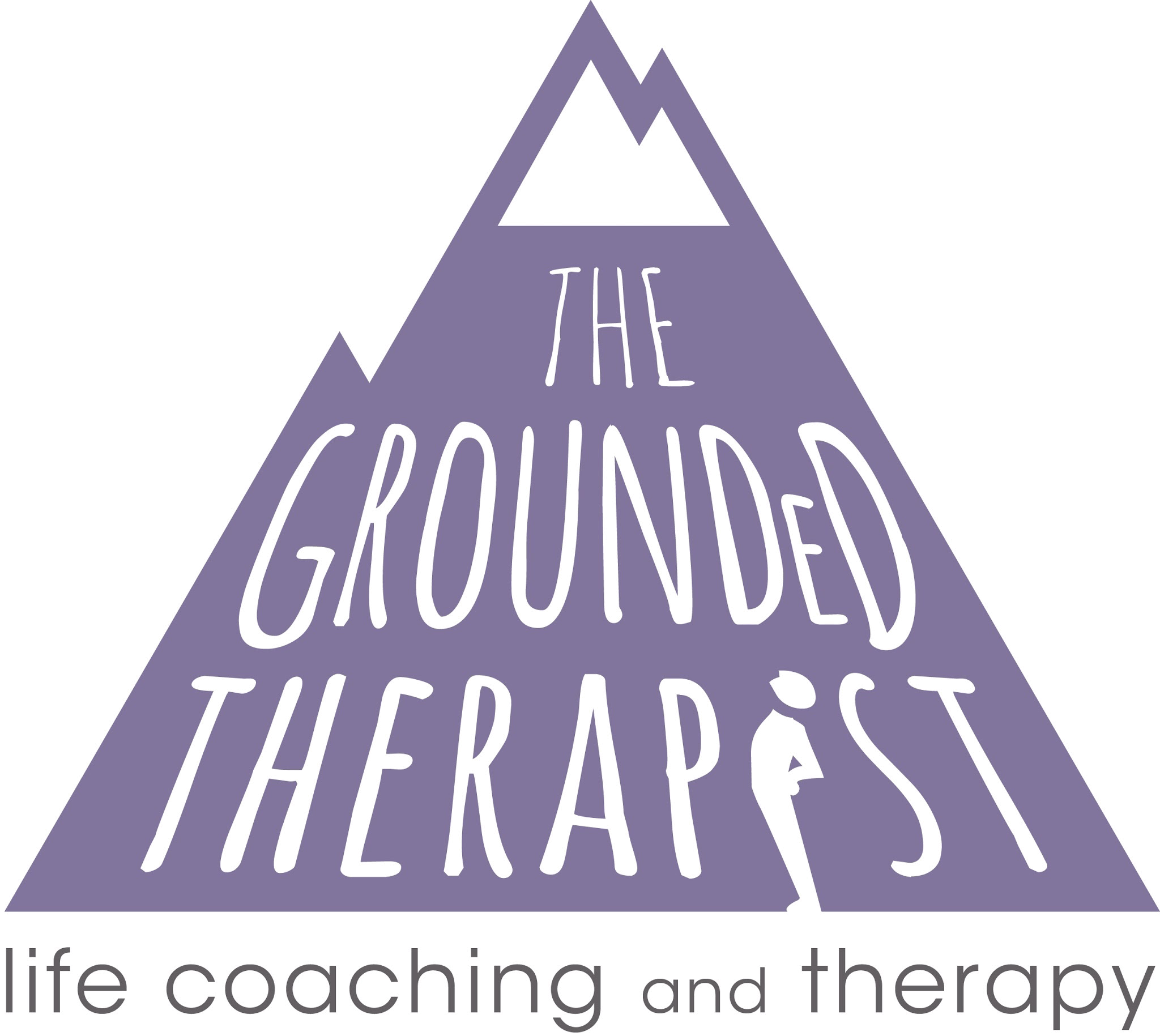It’s really easy to fall into the comparison trap… That place where we’re constantly measuring ourselves against others and usually feeling pretty inadequate.
Whether it’s in our personal or professional lives, comparisons have a way of sneaking into our subconscious and affecting our self-esteem. Social media doesn’t help, of course1—we might know we’re only seeing carefully curated highlight reels of other people’s lives or accomplishments, but it can be tough to remember that, especially if we’re already feeling low.
We’ve got to break free, right? We’ll always run into opportunities for social comparison; really, we’re hardwired for it.2 So how can we keep it from impacting our sense of self-worth?
Great question! It starts with understanding why we compare ourselves to others in the first place.
Where Does the Need for Comparison Come From?
Social comparison is a natural part of human behavior. In fact, it’s how we evaluate ourselves and our own abilities, and how we come to feel a sense of belonging within our own social groups… According to Leon Festinger and his 1954 Social Comparison Theory, anyway.3
(He was probably right.)
So if social comparison is normal, shouldn’t it be okay?
Well, yes—to a degree. It gets tricky when that comparison defines our self-worth and hinders our personal growth and sense of fulfillment.
The Downside of Social Comparison
While comparisons can sometimes motivate us, they often leave us feeling inadequate and unfulfilled. Have you ever achieved a goal, only to then find it lacking because someone else achieved something different or seemingly better?
How often has your joy or pride in your accomplishment been short-lived because you feel like you need to immediately move onto the next thing?
You can wind up in a never-ending loop quicker than you might think. And inside of it, you’ll struggle to ever feel “good enough.”
This can take a significant toll on our mental health, in general, and on our ability to feel motivated to reach our goals. After all, who wouldn’t feel anxious or burnt out chasing some impossible social standard when the goalposts are always moving?
There’s an alternative, friend.
Cultivating Gratitude to the Rescue!
I know, I know—you’ve heard about the importance of gratitude a million times already. Maybe you’ve bought the journal or committed to writing down three things you’re thankful for in a note on your phone every night. Maybe it didn’t stick.
But here’s why gratitude is so important when it comes to comparison: put simply, it’s real. It takes into account the opportunities you’ve had and the honestly-pretty-cool things you’ve already managed to accomplish.
It gives you the space to think about what you’ve actually done and experienced, rather than dwelling on all of the “coulds” or “shoulds.”
So next time you’re scrolling aspirational content on social media (or listening to your aunt list all of your cousin’s accomplishments), try this mindset shift, instead:
- Stay present and grateful. Instead of feeling deflated by what others have accomplished, focus in on your own journey. Take stock of your achievements and the things you’ve felt proud of—chances are, they’re more significant than you’re giving them credit for. Find gratitude for the progress you’ve made and the experiences that have shaped who you are.
- Set meaningful goals. Don’t bother with goals that others have identified, either for them or for you. Set goals that align with your values and passions. Identify what matters to you and work toward those things.
- Limit social media consumption. Social media is awesome, insofar as it’s actually adding to your life. Platforms like Instagram, Facebook, and TikTok are breeding grounds for all kinds of social comparison. Pay attention to how you feel when you’re scrolling—unfollow any accounts that trigger comparison or make you feel bad about yourself.
- Celebrate others’ accomplishments. When you feel a twinge of jealousy, make an intentional effort to switch it up and think in terms of congratulations, instead. Remind yourself that feeling happy for someone else doesn’t mean you can’t also celebrate what you’ve accomplished. Work to foster a community of encouragement and collaboration for yourself.
Embrace Your Own Journey
Comparison may be deeply ingrained in our culture, but it doesn’t have to define our lives. By recognizing the negative impact of constant comparison, staying present, setting meaningful goals, limiting social media exposure, and celebrating others’ successes, we can break free from the comparison trap and embrace our unique journey.
And, of course, if you feel overwhelmed by these negative feelings of comparison, therapy can help. Reach out to a qualified mental health practitioner for guidance along the way.
CITATIONS
1 https://psycnet.apa.org/doiLanding?doi=10.1037%2Fppm0000047
2 https://doi.org/10.1093/oso/9780190629113.003.0017
3 http://www.bahaistudies.net/asma/selective_exposure-wiki.pdf#page=18


Leave a Reply
You must be logged in to post a comment.